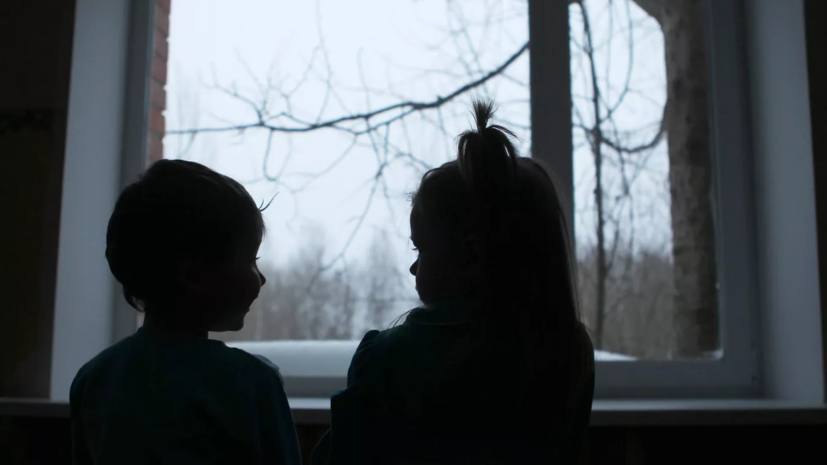In his address, the political scientist noted that civil law defines seven lines of inheritance of property according to the degree of kinship.
For example, in the sixth order, in the absence of closer relatives, the right to inheritance arises for cousins and nieces, in the seventh - for stepsons, stepdaughters, stepmothers and stepfathers.
Thus, citizens whom the testator during his lifetime could see two or three times or not see at all, have the right to inherit his property, and the child under guardianship, with whom the guardian could live for ten years, saw him every day, was engaged in his upbringing and education , with whom a parent-child relationship has developed, does not have the right to inherit, Orlov noted.
“In this regard, I ask you to consider the advisability of amending the Civil Code of the Russian Federation and other regulatory legal acts regarding the inclusion of minor children who have been under guardianship for at least three years in one of the lines of inheritance by law,” the statement says. circulation.
Lawyer, founder and CEO of the vvCube consulting group Vadim Tkachenko also emphasized in an interview with RT that if a child was simply taken into custody from an orphanage and lived with guardians, then he currently has no inheritance rights, unlike children who were adopted or adopted.
Earlier, a bill was submitted to the State Duma to ban the adoption of orphans by citizens of unfriendly countries.

